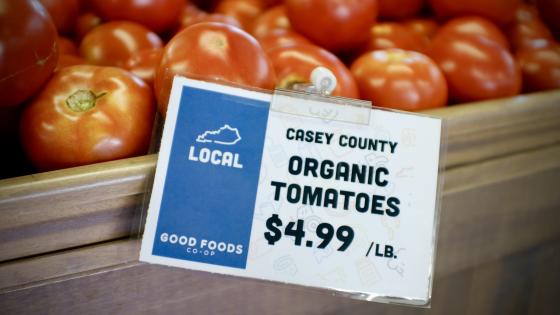Local food buyers stated that they expect the farm vendor to "stand good for the product". But what is meant by “stand good for the product”? Is there a 100% quality assurance guarantee upon delivery? Generally, quality assurance means the product meets the company specifications, complies with the appropriate USDA grading and standards, and is of good quality and condition.
One way to ensure quality is to be prepared. Preparedness goes hand-in-hand with a farm food safety plan. To learn more about developing a farm food safety plan, check out this YouTube presentation from the March 2023 OAK field day: https://www.youtube.com/watch?v=fw6hwEQ3UUU. We also have two written resources regarding food safety plans led by Bryan Brady -- you can view them here:
Are you interested in learning more about how to keep products fresh on the shelf? Check out this presentation from a 2022 OAK field day for more information about shelf-life and quality:
